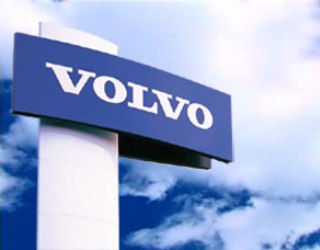
By Greentech Lead America: The Volvo Group has
hosted two sustainability-related seminars during the Volvo Ocean Race stopover
in Miami. The events were the part of Volvo’s effort to encourage dialogue and
action and to continue in its commitment toward reducing its environmental
impact.
The Volvo Group is looking to become the world leader in
sustainable transport solutions by continuously introducing safer and more
efficient products and pioneering solutions. Part of Volvo Group’s
sustainability commitment includes raising awareness about environmental
issues.
The first seminar, “Mobility and Quality of Life in
Megacities,” was focused on transportation, infrastructure, environment
and other challenges facing large urban areas.
“Volvo is committed to help these megacities find solutions
to these challenges. Telematics, electromobility and greater use of
well-to-wheel efficient renewable fuels will all contribute to a decrease in
carbon dioxide emissions,” said Tore Backstrom, senior vice president of
Volvo Buses.
The second seminar, “Corporate Climate Summit
2012,” presented in cooperation with World Wildlife Fund (WWF), fostered
dialogue among business leaders about innovative strategies for reducing
greenhouse gas (GHG) emissions and promoting climate protection.
Olof Persson, president and CEO of the Volvo Group, has
delivered the keynote address during the Corporate Climate Summit.
“Sustainability is critical to reducing the negative
impact on the environment, but we must broaden its scope to include the
economic and social point of view. I envision a transportation system that
enables high productivity through energy-efficient solutions that are safe and
secure for people and goods,” said Persson.
The Volvo Group was the world’s first automotive
manufacturer to join Climate Savers. The WWF program engages multinational
companies to establish ambitious targets and voluntarily reduce their
emissions.
Volvo Group is committed to reducing the total amount of
CO2 emitted during the lifetime of trucks manufactured and sold from 2009 to
2014 by 13 million tons compared with trucks manufactured in 2008.
